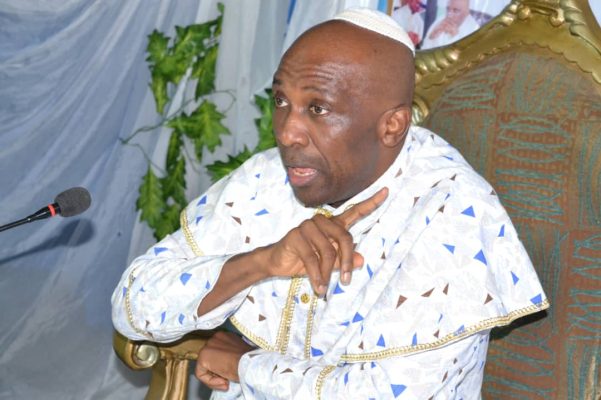
In December, 2022, randomly tuning in to a Nigerian channel, Galaxy TV, I watched a short clip on the ongoing brain drain, which has been hilariously tagged the ‘Japa movement’. What came to mind was the panel discussion slides prepared for the Young Medical Laboratory Scientists’ yearly public health lecture on the same theme.
[ad]
In 2022, the migration of Nigerian health professionals reached a fever pitch. Every health facility or establishment seems to have been affected. Depending on the outcomes of the 2023 elections, more health workers will likely leave for greener pastures. My neighbour who is a nurse left in August 2022.
Running this fact against the background of the challenged healthcare sector might immediately suggest that the brain drain is a threat and will lead to a worsening of the Nigerian populace’s health indices. The alarm has been raised in different quarters suggesting that the government should formulate policies and regulations to stem the tide and prevent the mass exodus of Nigerian professionals from the healthcare sector.
Recently, the pathway for teachers to emigrate to the UK was opened and the conversations about the ‘Japa’ movement began again. The extreme view is that migration will lead to a paucity of qualified professionals in the country of origin and cause increased inequalities. While that is a possibility if the home country government and institutions do not ensure immediate replacement of personnel thus creating a vacuum in the offices and facilities where migrating staff have created a staffing deficit.
At this point, the brain drain rate is not alarming as this becomes an opportunity that brings more advantages to the Nigerian health sector and our communities. Some of the ideas previously shared are explored below:
1. An opportunity for knowledge sharing
Knowledge is a continuum and knowledge sharing and transfer is a two-way process that should be continuously ongoing between professionals in LMIC/Third world countries and more advanced smarter economies/countries. Some of the constraints that prevent this include poor communication, language barriers and poor ease of access to the networks of professionals in advanced countries. These barriers are easier to demolish when Africans migrate to first-world countries and get established as authority figures there after some years of work.
2. An opportunity for skill transfer
Advanced technologies and skills gained in more advanced countries are easier to transfer to LMIC countries when the skills transfer is initiated by country export professionals who understand the peculiar challenges and terrain back home and can suggest sustainable modifications that have a greater chance of success.
3. An opportunity for skill evolution
Learned skills can evolve in different settings. Professionals who leave the shores of Nigeria often flourish and do better than what they could while back home because the enabling climate of their new location provided a thriving soil for their skills to evolve and reach their maximum potential.
While this may look like a disadvantage or loss to the home country, if the country can nurture a strong relationship with her professionals in the diaspora, it can be converted to a big gain in the form of diaspora remittances and donations of time, equipment, money etc. India and China are strong examples we can look at.
4. An opportunity for quality improvement
Opportunities for quality improvement abound in Nigeria. While it will be initiated by the professionals who choose to stay, the brain drain provides an increased opportunity for an exchange of ideas and the toolkits for quality improvement as well as management.
5. An opportunity for providing solutions in the community
For every community, including Nigeria, there are many healthcare challenges requiring urgent and innovative solutions. Added to this, staff shortages and personal deficits caused by the brain drain will lead to uncommon solutions. With conversations and communications that follow this exodus, as well as the new ideas that will be birthed by the professionals back home who have to deliver services with scarce resources and personnel, there will be more opportunities for homegrown solutions addressing the challenges faced.
Considerably, the brain drain is not a total loss to the country and the Nigerian citizens. The highlighted reasons above show gains that can be maximized for the benefit of our communities.
Abimbola is a Health Equity and Gender Equality Advocate who is committed to working for the best outcomes in every community. She is a 2019 Generation Africa Fellow and 2022 YMLSF Ambassador and the Founder of Mohealth Ace Limited (A social enterprise) and Volunteer Medical Laboratory Scientists Forum.
[ad unit=2]








